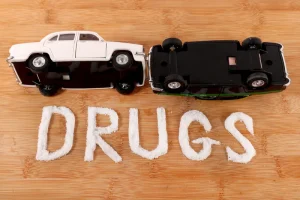
Evidence suggests that certain alcoholic beverages, such as wine and beer, appear to accelerate the movement of food and waste through the digestive system, which can lead to diarrhea. The short-term effects of alcohol appear quickly, typically within minutes after consuming your first drink. As you drink an alcoholic beverage, alcohol moves into your bloodstream through the stomach and small intestine. Ethanol is a toxic compound that impairs the normal function of cells, tissues, and organs.
Make Sure You’re Hydrated Before You Start Drinking
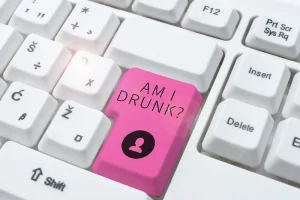
When you’re out having a good time, it’s easy to forget that alcohol messes with your body’s hydration levels. The exact amount of alcohol that leads to dehydration varies depending on several things. It depends on how fast you drink, what foods you might be consuming, how often you’re urinating, and things like your own metabolism and health. Another way alcohol impacts kidney function is by impairing the kidneys’ ability to concentrate urine.
Why do some people experience worsened dehydration after drinking alcohol?
So these salts are now more concentrated in the reduced volume of water that you have when you are dehydrated. But over time, too much alcohol can set off diabetes and malnutrition, and diseases of the central nervous system and the liver. Our bodies are amazing organisms, especially when it comes to processing alcohol. Dr Karl explains why, if you’re drinking booze, what goes in is not equal to what comes out. But if you’re in danger of a hangover or are already in the throes of this unpleasant but common alcohol aftereffect, you can try treatments like Next Health’s IV Drip Therapy.
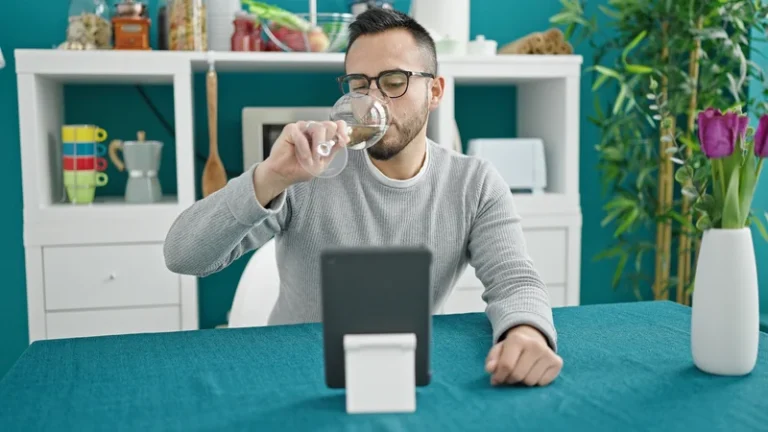
What to Do If You’re Already Dehydrated from Alcohol
- For instance, alcohol can suppress the release of anti-diuretic hormone (ADH), which plays a crucial role in water reabsorption by the kidneys.
- In a few minutes, you’ll feel the effects of the IV drip therapy and may experience your hangover symptoms vanish into the ether.
- These include things like sodium, potassium, calcium, and chlorine.
- Rehydrating with water and consuming foods high in electrolytes, such as bananas, leafy greens, and yogurt, can help restore balance and alleviate dehydration symptoms.
The amount of alcohol you consume will influence the symptoms you experience. You’re likely to urinate 100 mL more for every standard drink you consume (10 mL of alcohol). If you binge drink, you’ll likely lose 500 to 1,000 mL of fluids, causing dehydration. Electrolytes are found in common foods, including salt, bananas, and watermelon, and can also be consumed from electrolyte-specific drinks or mixes.
- This is why you may feel thirsty or have a dry mouth after a night of drinking; your body is signaling that it’s in desperate need of hydration.
- These crystals can clump together to form kidney stones, which can be incredibly painful and may require medical intervention to remove.
- It’s formulated to stop dehydration in its tracks and boost your energy and mental clarity.
- However, alcohol can disrupt this delicate balance by affecting the structure and function of the kidneys.
- A spiked cider for the holidays probably won’t do too much to dehydrate you — but it could be a completely different story with hard liquor like whiskey, brandy, and vodka.
- While alcohol can initially boost your mood, these effects are temporary and wear off quickly.
Therefore, we decided to increase the sample size to 20 drug addiction treatment participants. But if you insist on having a drink or two, there are things you can do to mitigate the dehydrating effects of alcohol. Remember that list of things that makes alcohol-related dehydration worse?
Does Dehydration Make Hangovers Worse?
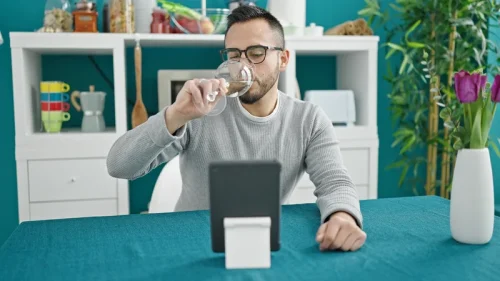
If you’ve had a heavy night out with drinks, expect longer recovery times due to dehydration’s effects on your body. Studies show that individuals who consume excessive amounts of alcohol may experience prolonged hangover symptoms linked directly to hydration levels. Furthermore, excessive alcohol consumption can impair kidney function, as the kidneys are responsible for filtering waste and regulating fluid levels in the body.
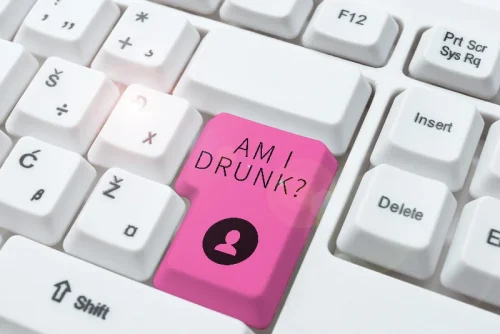
- This can lead to a higher frequency of urination and the loss of fluids from the body.
- This is because alcohol gets distributed throughout the body’s water, and people with more body mass usually have more water to dilute the alcohol.
- When we consume alcohol, it affects our breathing pattern and can lead to increased respiration rate.
- When you lose too much water without properly replacing it, you become dehydrated.
Remember, alcohol dehydration has both acute and chronic effects. Its diuretic effects lead to wrinkled, gray, lackluster skin that can look swollen and puffy. Dehydration can also impair cognitive function, including memory, attention, and decision-making abilities.
Conclusion: Moderation is Key
With less vasopressin in your system, the body excretes more water, which in turn causes you to pee more (2). Alcohol decreases the amount of ADH your body produces, making it harder to retain enough fluids. Drinks that contained electrolytes—milk and oral rehydration solutions, for example—were more hydrating after two hours compared to water.
- Yes, alcohol’s diuretic effect can lead to dehydration, regardless of whether you feel thirsty or not.
- Alcohol has diuretic properties, meaning that it increases urine production and subsequently leads to fluid loss from the body.
- When we consume alcohol, our bodies experience a diuretic effect, causing us to urinate more frequently.
- Studies suggest that one significant contributor is indeed dehydration caused by excessive urination after drinking.
Delirium Tremens: Risk Factors and Treatment for DTs
You probably know dehydration as what happens to our bodies when we don’t take in enough fluids. “That’s pretty close to those hangover symptoms, right?” asks Brigitte Zeitlin, M.P.H., R.D., C.D.N., and owner of BZ Nutrition. One reason why people who drink have red skin is alcohol’s ability to dilate blood vessels, leading to increased blood flow near the skin’s surface. Alcohol’s diuretic effect sets in even after just one drink and escalates as you keep the booze coming. The diuretic effects of alcohol can lead to losing up to four times as much liquid as you gain from drinking it.
It depletes does wine dehydrate you essential electrolytes, disrupts the body’s water regulation system, and affects cellular water balance. These effects can contribute to dehydration, electrolyte imbalances, and impaired cellular function. It’s important to be mindful of the potential consequences of alcohol consumption and prioritize hydration and electrolyte replenishment. Alcohol is a diuretic, which means it increases urine production. This can lead to fluid loss and dehydration, especially when consuming drinks with high alcohol content. Drinking on an empty stomach or consuming large amounts intensifies this effect.
Additionally, dark liquors especially have high contents of congeners and tannins, which studies have shown to increase hangover symptoms (including dehydration). By understanding how hydration works alongside alcohol consumption, you’ll be better equipped for future outings where drinks are involved. You’ll hang on to only about half or a third of the extra water you drink. Most of it will go out in your urine, and you’ll still end up dehydrated at the end of a night of drinking. In fact, our locations offer a dedicated IV drip therapy for hangovers and their common symptoms.





